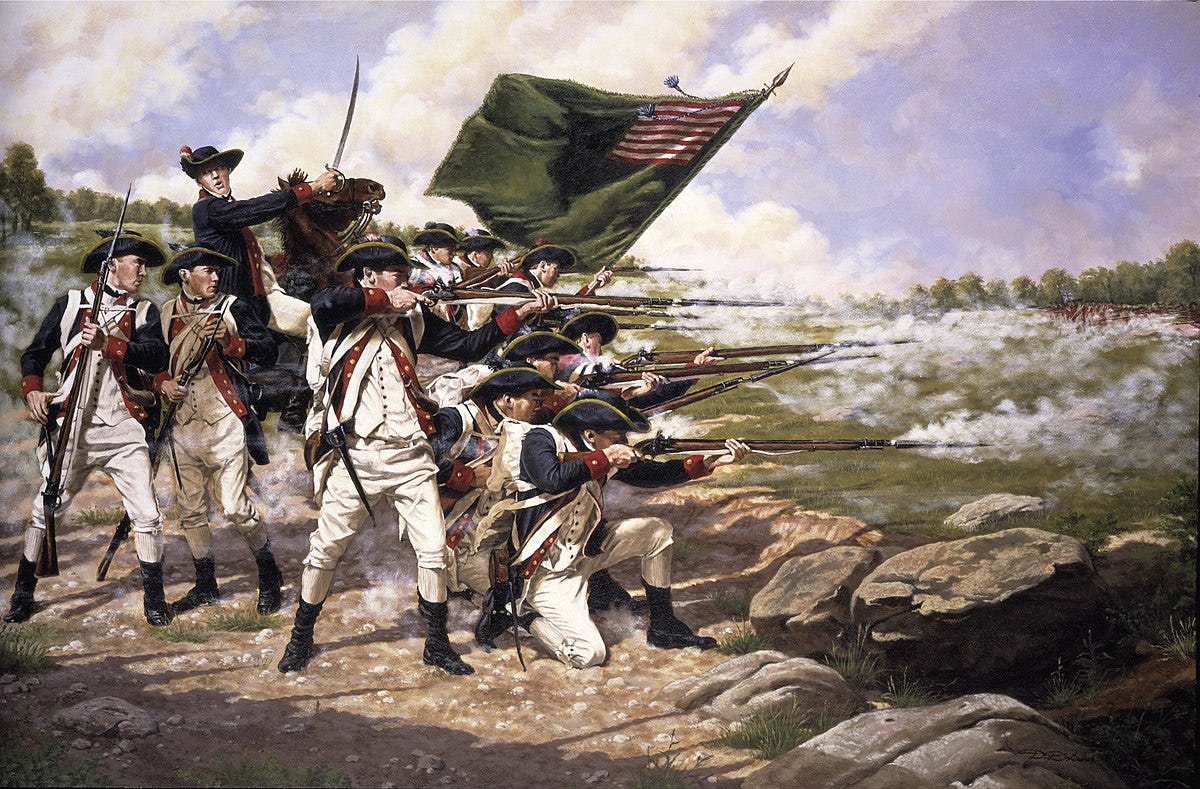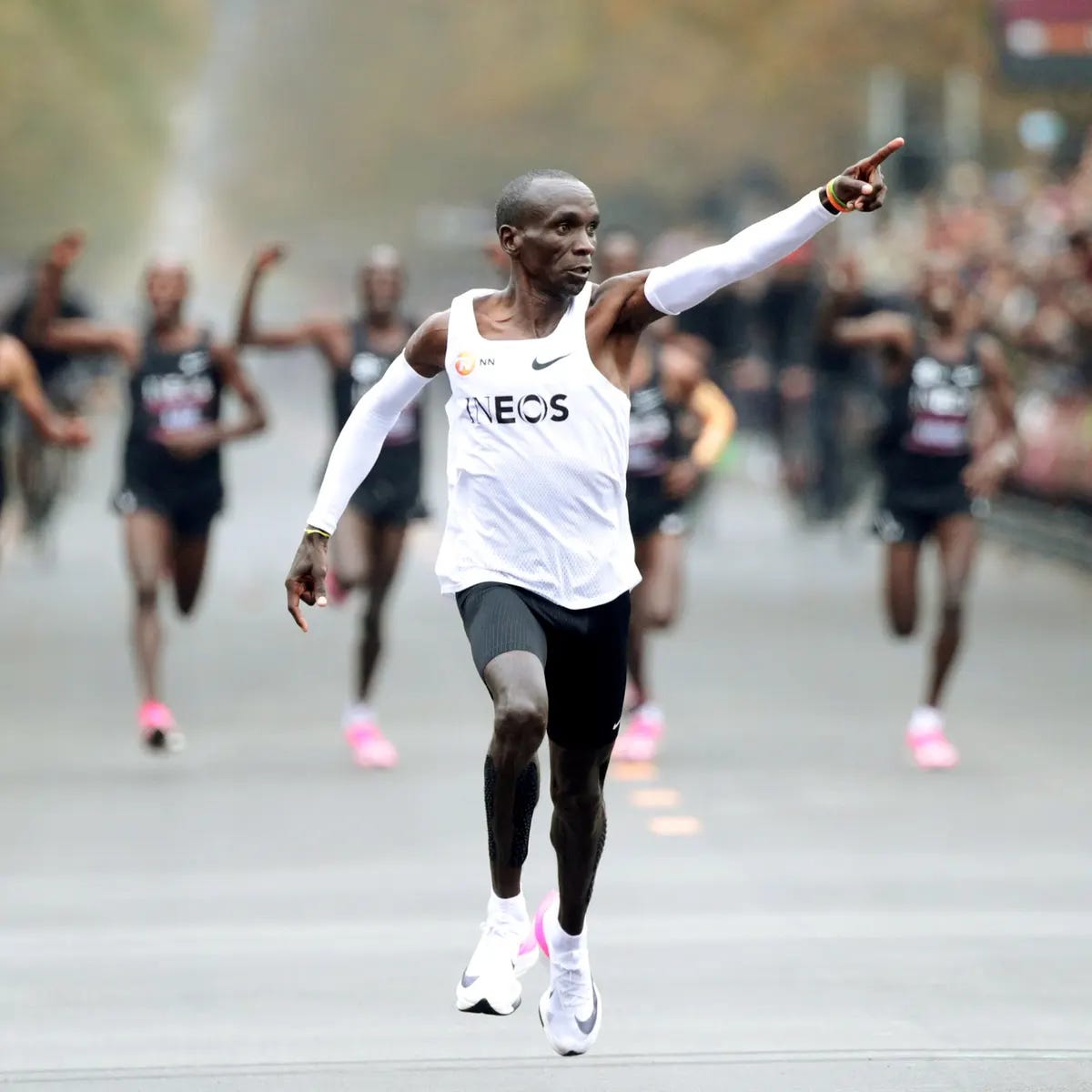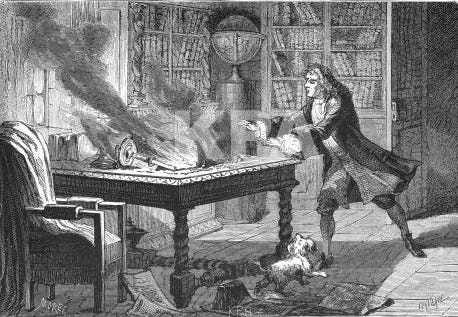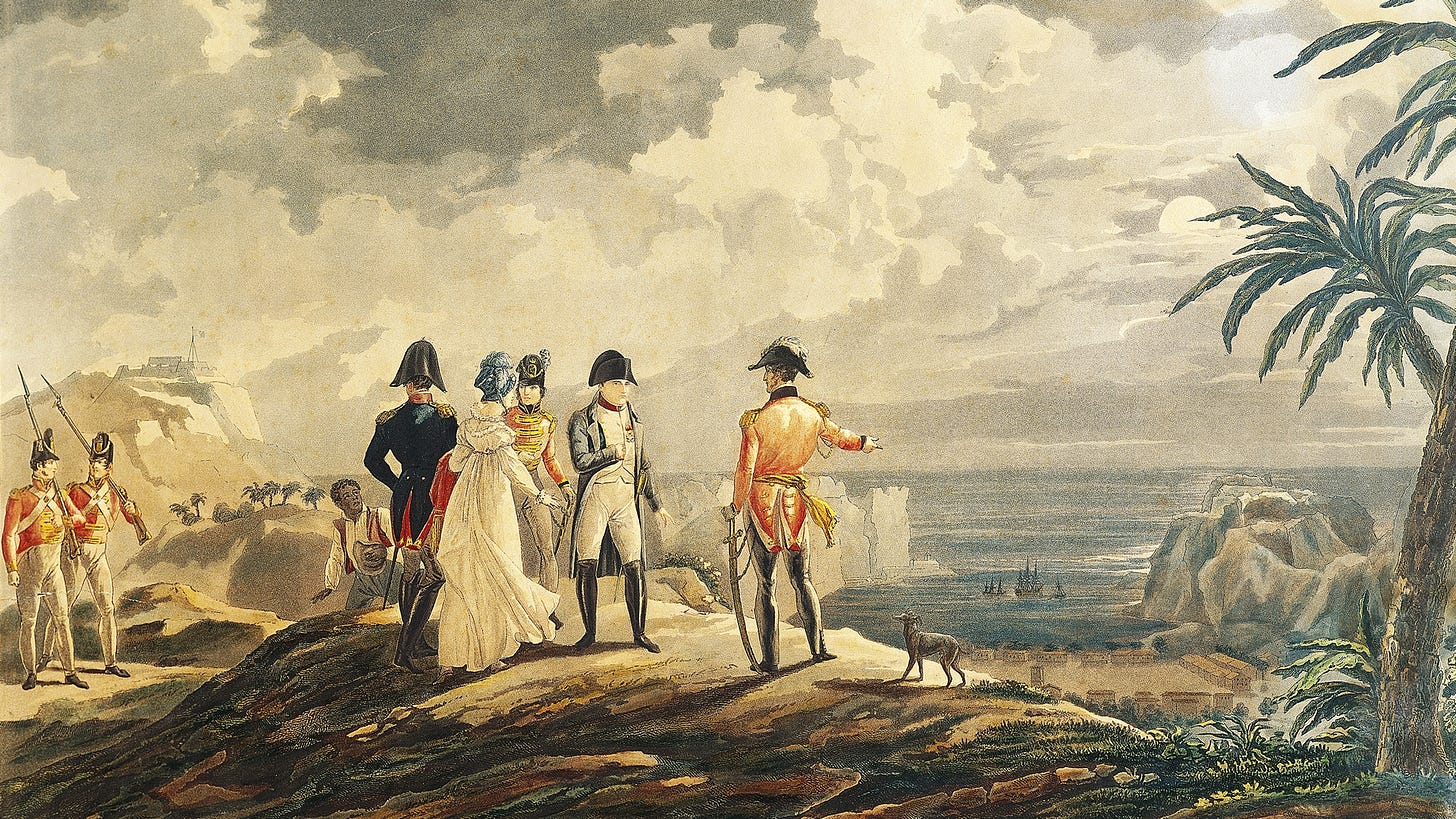Same as Ever by Morgan Housel
book review #171
Morgan Housel is a wonderful storyteller and this book was great.
Each chapter stands on its own and it flows effortlessly weaving together a beautiful narrative.
Here a bunch of my highlights from the book.
“The Battle of Long Island was a disaster for George Washington’s army. His ten thousand troops were crushed by the British and its four-hundred-ship fleet.
But it could have been so much worse. It could have been the end of the Revolutionary War. All the British had to do was sail up the East River and Washington’s cornered troops would have been wiped out. But it never happened, because the wind wasn’t blowing in the right direction and sailing up the river became impossible.
Historian David McCullough once told interviewer Charlie Rose that “if the wind had been in the other direction on the night of August twenty-eighth [1776], I think it would have all been over.”
“No United States of America if that had happened?” Rose asked.
“I don’t think so,” said McCullough.
“Just because of the wind, history was changed?” asked Rose.
“Absolutely,” said McCullough.”
“Compelled to save money, Captain William Turner shut down the fourth boiler room on his giant steamship for its passage from New York to Liverpool. The decision would slow the ship’s voyage by one day—an annoyance, but worth the savings as the passenger-ship industry struggled economically.
Little did he or anyone else know how fateful the decision would be.
The delay meant Turner’s ship—the Lusitania—would now sail directly into the path of a German submarine.
The Lusitania was hit with a torpedo, killing nearly twelve hundred passengers and becoming the most important trigger to rally U.S. public support for entering World War I.
Had the fourth boiler room been operating, Turner would have reached Liverpool a day before the German submarine had even entered the Celtic Sea, where it crossed paths with the Lusitania. The ship likely would have avoided attack. A country may have avoided a war that became the seed event for the rest of the twentieth century.”
“Giuseppe Zangara was tiny, barely five feet tall. He stood on a chair outside a Miami political rally in 1933 because that was the only way he could aim his gun across the crowd.”
“Zangara fired five shots. One of them hit Chicago mayor Anton Cermak, who was shaking hands with Zangara’s intended target. Cermak died. The target, Franklin Delano Roosevelt, was sworn in as president two weeks later.
Within months of his inauguration Roosevelt transformed the U.S. economy through the New Deal. John Nance Garner—who would have become president had Zangara hit his target—opposed most of the New Deal’s deficit spending. He almost certainly wouldn’t have enacted many of the same policies, some of which still shape today’s economy.”
Eliud Kipchoge, the world’s best marathon runner, was being held in a staging room during the 2021 Olympic Games in Tokyo. He and two other runners—Bashir Abdi from Belgium and Abdi Nageeye of the Netherlands—were waiting to receive their Olympic medals after the marathon race, which Kipchoge won for the second time.
Logistics of the awards ceremony meant the runners would have to wait for several hours in a cramped, dull room with nothing to do but sit. Abdi and Nageeye later explained that they did what anyone else would do—they pulled out their cell phones, found a Wi-Fi network, and aimlessly scrolled social media.
Kipchoge didn’t.
Abdi and Nageeye said he just sat there, staring at the wall, in perfect silence and contentment.
For hours.
“He is not human,” Abdi joked.
He is not human
John Maynard Keynes once purchased a trove of Isaac Newton’s original papers at auction.
Many had never been seen before, as they had been stashed away at Cambridge for centuries.
Newton is probably the smartest human to ever live. But Keynes was astonished to find that much of the work was devoted to alchemy, sorcery, and trying to find a potion for eternal life.
Keynes wrote:
I have glanced through a great quantity of this at least 100,000 words, I should say. It is utterly impossible to deny that it is wholly magical and wholly devoid of scientific value; and also impossible not to admit that Newton devoted years of work to it.
I wonder: Was Newton a genius in spite of being addicted to magic, or was being curious about things that seemed impossible part of what made him so successful?
I think it’s impossible to know. But the idea that crazy geniuses sometimes just look straight-up crazy is nearly unavoidable.
“Reversion to the mean is one of the most common stories in history. It’s the main character in economies, markets, countries, companies, careers—everything. Part of the reason it happens is because the same personality traits that push people to the top also increase the odds of pushing them over the edge.
This is true for countries, particularly empires. A country determined to expand by acquiring more land is unlikely to be run by a person capable of saying, “Okay, that’s enough. Let’s be thankful for what we have and stop invading other countries.” They’ll keep pushing until they meet their match. Novelist Stefan Zweig said, “History reveals no instances of a conqueror being surfeited by conquests,” meaning no conqueror gets what they wish and then retires.
Perhaps the most important part of this topic is gaining better insight into who we should look up to, particularly who we want to be and who we want to emulate. Naval Ravikant once wrote:
One day, I realized with all these people I was jealous of, I couldn’t just choose little aspects of their life. I couldn’t say I want his body, I want her money, I want his personality. “have to be that person. Do you want to actually be that person with all of their reactions, their desires, their family, their happiness level, their outlook on life, their self-image? If you’re not willing to do a wholesale, 24/7, 100 percent swap with who that person is, then there is no point in being jealous.
Either you want someone else’s life or you don’t. Either is equally powerful. Just know which is which when finding role models.”
“Good stories tend to do that. They have extraordinary ability to inspire and evoke positive emotions, bringing insight and attention to topics that people tend to ignore when they’ve previously been presented with nothing but facts.
Mark Twain was perhaps the best storyteller of modern times. When editing his writing, he would read aloud to his wife and kids. When a passage caused them to look bored, he would cut it. When their eyes widened, when they sat forward or furrowed their brow, he knew he was onto something, and he doubled down.
Even within a good story, a powerful phrase or sentence can do most of the work. There is a saying that people don’t remember books; they remember sentences.”
Steven Spielberg noted this:
The most amazing thing for me is that every single person who sees a movie . . . brings a whole set of unique experiences. Now, through careful manipulation and good storytelling, you can get everybody to clap at the same time, to laugh at the same time, and to be afraid at the same time.
Mark Twain once said he knew he was a successful author when Kaiser Wilhelm II said he’d read every Twain book, and later that day a porter at his hotel said the same. “Great books are wine,” Twain said, “but my books are water. But everybody drinks water.” He found the universal emotions that influence everyone, regardless of who they were or where they were from, and got them to nod their heads in the same direction. It’s nearly magic.
Guiding people’s attention to a single point is one of the most powerful life skills.









